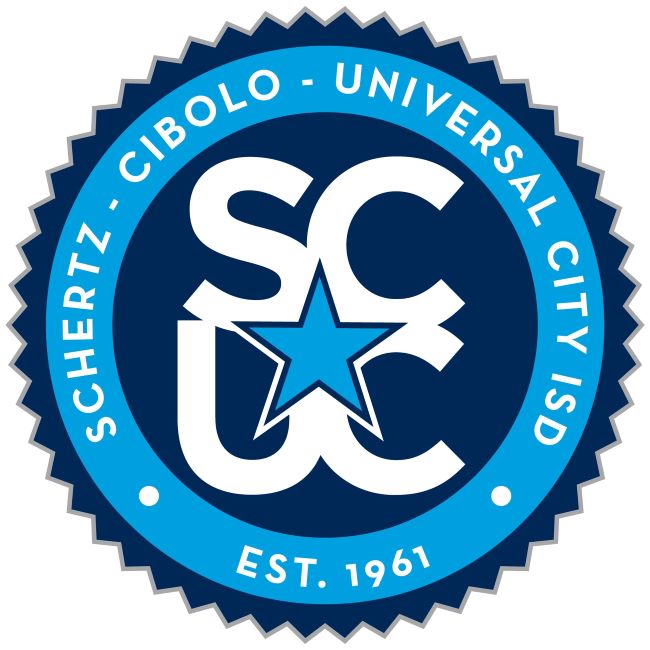Teacher Certification: Part 1—Alternative Certification Programs
To help school districts meet the challenges of complying with certification rules we are releasing a seven-part series on certification that provides a deep dive into routes to certify teachers.
Securing certified teachers for classrooms across the state can be difficult to navigate. Factors such as COVID-19 and an uptick in teacher resignations and retirements have made this task even more daunting. This series expands on the information outlined in 7 Ways to Qualify an Uncertified Teacher and the Texas Education Agency (TEA) resource Certification Assignment Flexibility.
To become certified in the state of Texas, an individual must complete an educator preparation program. Options include a traditional education program, post-baccalaureate program, or an alternative certification program (ACP). TEA provides an interactive map identifying state approved preparation programs. Districts can use this tool to assist their uncertified applicants to make informed decisions when selecting a program based on type of program, location, or type of certification sought.
Alternative Certification
In Texas, about half of newly certified teachers each year become certified through an ACP. To qualify for an ACP program, most individuals must have earned a bachelor’s degree from an accredited college or university. Individuals seeking health science technology (HST) and industrial education certification are exempt from the bachelor’s degree requirement.
A program applicant must have a minimum 2.5 grade point average (GPA), although some programs may have a higher GPA requirement. There are two ways to determine if the minimum requirement has been met:
- Minimum 2.5 undergraduate GPA as posted on conferred degree transcript
- Minimum 2.5 GPA in last 60 hours of coursework
In addition, an applicant must meet requirements to be certified in a content area. Examples of methods used to identify qualifications for content area certification may include one of the following:
- Conferred degree in a specific content area based on an academic major
- 15 hours in identified content areas of English, math, science, and social studies for core subjects, 4-8 subject test, and/or early childhood (EC)-12 special education
- Texas Examination of Educator Standards (TExES) content test passed
Candidates who meet these criteria must take the following steps to become certified:
- Determine which certificate to pursue based on the desired teaching field or subject.
- Select an approved program considering whether the program provides online or in-person learning, the timeframe to complete the program, and availability of a paid internship or unpaid clinical experience.
- Meet the screening criteria including basic skills, GPA requirement, and demonstration of content knowledge.
- Develop a plan based on the program’s advice regarding coursework required, internship options, required tests, and any additional requirements.
- Obtain a teaching position and provide the district with the program’s statement of eligibility (SOE) which shows eligibility for an internship based on progress and completion of appropriate tests.
- Apply for a probationary or intern certificate.
- Complete all program training, internship, and examination requirements.
- Apply for a standard certificate if recommended by the program.
Intern or Probationary Certificate
An individual is eligible for an intern certificate if an appropriate content exam has been taken and passed. A probationary certificate is given to an ACP participant who has taken and passed the appropriate content exam and the pedagogy and professional responsibilities (PPR) exam.
Both certificates are valid for one calendar year. An intern certificate cannot be extended beyond the one-year period, but a probationary certificate may be renewed for one additional 12-month period.
The participant must complete an application for an intern or probationary certificate, pay related fees, and successfully pass a criminal background check. When employed by a school district, the individual would be eligible for a probationary employment contract.
Advantages
An ACP is ideal for an individual who has a bachelor’s degree and a passion for teaching. Most programs provide flexibility with online coursework and affordable payment plan options, making it a great choice for college graduates who desire to work while pursuing teacher certification.

Karen Dooley
Karen Dooley joined HR Services in 2016. She provides oversight to a team of consultants providing staffing services, HR reviews, and other projects. She provides training and assists school districts with their HR-related needs. Dooley is a seasoned administrator with more than 17 years of HR experience in Central Texas districts as a coordinator, director, and assistant superintendent. She also worked as an assistant principal, counselor, and teacher, and holds a superintendent certificate.
Dooley received her master’s degree from Prairie View A&M University and her bachelor’s degree from Texas State University.
HR Services

Subscribe to HRX
Stay up to date with all the latest HR news and trends by joining the HRX mailing list!





